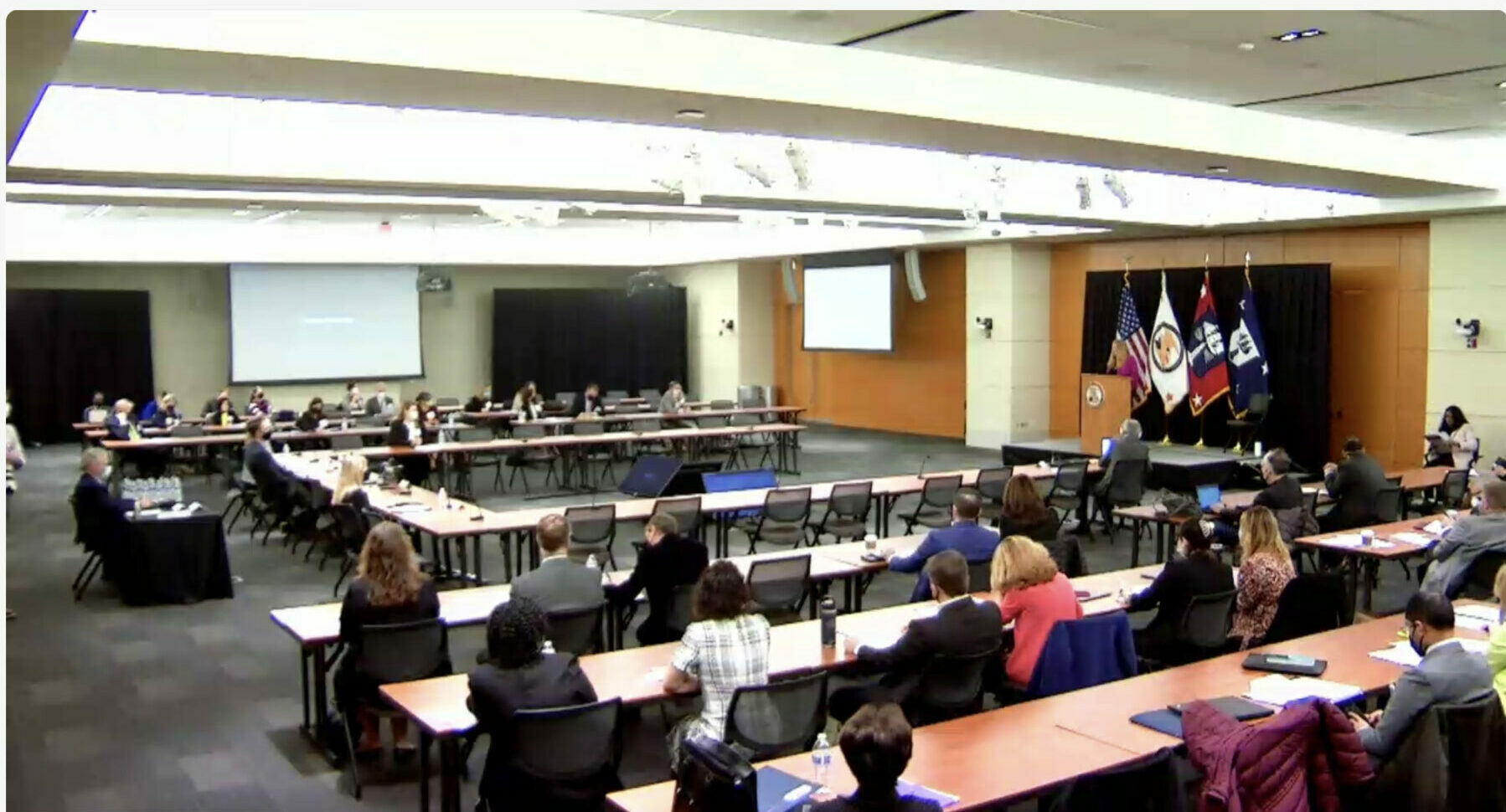When Do I Need to Update a Trust Agreement?
Trust agreements are commonly found in a comprehensive estate plan. If you have established a trust agreement, you may need to update that agreement from time to time to ensure that the trust functions as intended. To help you keep your trust up to date, the Indianapolis trust attorneys at Frank & Kraft explain when you need to update a trust agreement.
- Routine updates. You should conduct routine, scheduled updates with your estate planning attorney to go over the terms of your trust agreement to ensure that no changes are necessary. There is no hard and fast rule dictating how often you should review a trust agreement, but I suggest every three to five years for most trusts.
- Marriage. When you marry, you will likely want to include your new spouse in your overall estate plan. That may include changing the beneficiary designations as well as changing fiduciary positions within your plan. Specifically, you may decide to add your new spouse as a beneficiary to an existing trust agreement and/or appoint your spouse as the Trustee of a trust. The marriage of an adult child is also something that could trigger a review because your son/daughter-in-law now has a potential legal interest in any assets that are to be distributed to your child according to the terms of the trust.
- Divorce. Not surprisingly, divorce should also trigger a review of an existing trust agreement. One of the most common mistakes people make is forgetting to make changes to their estate plans after a divorce. Failing to update your plan after your divorce could leave your ex-spouse in charge of administering a trust and/or as the beneficiary of a trust.
- Birth and death. The death of anyone who is a beneficiary of a trust or who is a Trustee or successor Trustee should cause an update of your plan. The name of a recently born child or grandchild who may be a beneficiary should also be included in an existing trust agreement, even if you already have a general provision directing distributions to “children” or “grandchildren.
- When your children reach adulthood. As the parent of minor children, you had to protect your children’s inheritance because they could not inherit directly from your estate; however, when your children become legal adults, you have the option to gift directly to them. That, in turn, may require revisions to an existing trust agreement.
- Changes to trust assets. Minor changes should be accounted for within the trust agreement; however, if you have added or removed significant assets or the value of trust assets has changed dramatically, you may need to revise the trust agreement.
- Retirement. You may start withdrawing funds from retirement accounts and selling major assets when you retire. This alone may impact an existing trust agreement. In addition, if you have not yet considered the addition of a Medicaid planning component to your estate plan, now is the time to do so. As part of that plan, you may need to add a Medicaid trust to your estate plan.
- Serious illness. Many clients include a revocable trust as part of their overall incapacity planning component within their estate plan. If you are diagnosed with a serious illness, however, you should review that trust to make sure everything remains applicable and current.
- Change in the law. Sometimes, changes in the law impact a trust agreement. For example, not all states recognize all types of asset protection trusts.
- Relocation. Most aspects of trust administration are governed by state law within the United States. If you move to a new state (and certainly if you move outside of the country) you should review an existing trust agreement to make sure it complies with the applicable laws.
Contact Indianapolis Trust Attorneys
For more information, please join us for an upcoming FREE seminar. If you have additional questions or concerns about updating a trust agreement, contact the experienced Indianapolis trust attorneys at Frank & Kraft by calling (317) 684-1100 to schedule an appointment.
Paul Kraft is Co-Founder and the senior Principal of Frank & Kraft, one of the leading law firms in Indiana in the area of estate planning as well as business and tax planning.
Mr. Kraft assists clients primarily in the areas of estate planning and administration, Medicaid planning, federal and state taxation, real estate and corporate law, bringing the added perspective of an accounting background to his work.
Latest posts by Paul A. Kraft, Estate Planning Attorney (see all)






